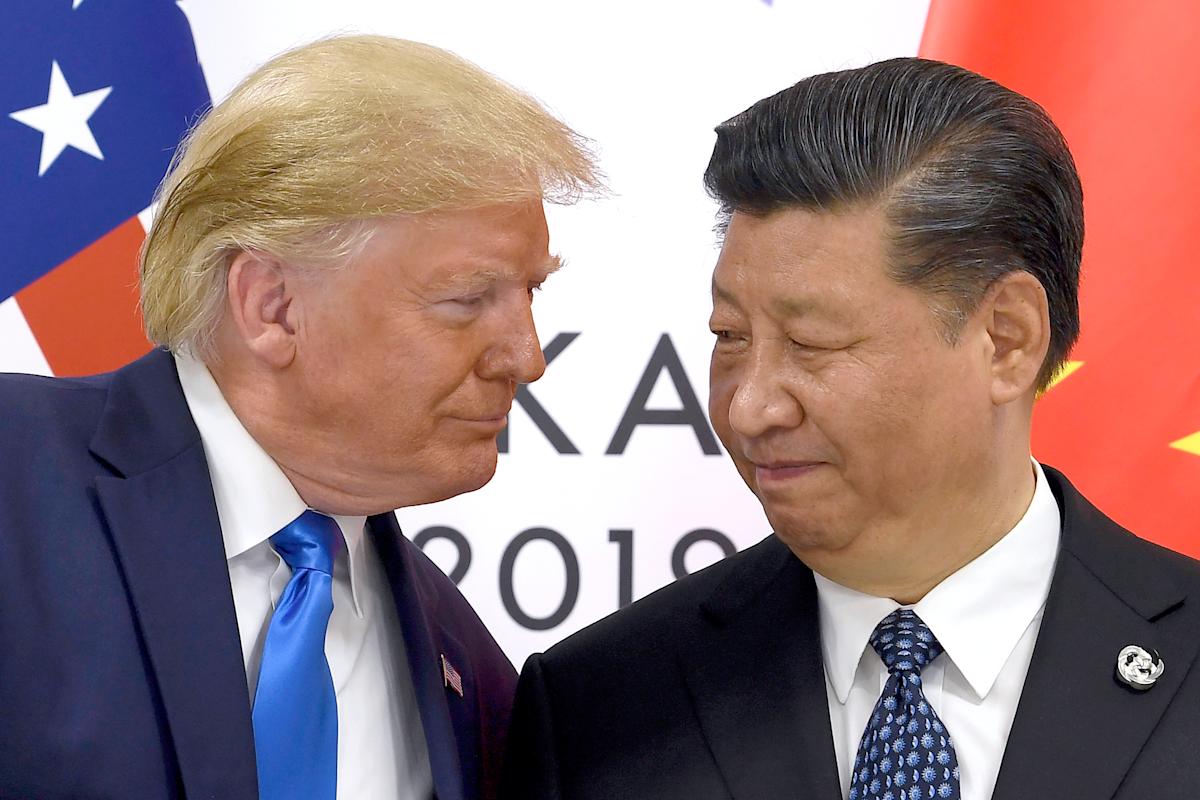The US and India are nearing a trade deal which could see tariffs on New Delhi cut to 15%-16% from their current 50% level, according to a report in the Mint.
President Trump hiked tariffs on India in August over New Delhi’s purchase of Russian oil. Trump claimed on Tuesday that he and Indian President Narendra Modi had spoken, and that India has agreed to wind down its purchase of oil from Moscow.
Meanwhile, much of the focus remains on China. Trump predicted on Tuesday that a upcoming meeting between the US and China’s leader Xi Jinping would “yield a good deal” on trade — even as he mused about whether such a meeting will actually happen.
“I have a good relationship with President Xi, I expect to be able to make a good deal with him,” Trump said.
Trump has floated a list of demands for China talks, citing rare earths, fentanyl, and soybeans as his top issues to address with Beijing.
The administration is also seeking potential potential cudgels. In a move that analysts said was aimed squarely at China, Trump and Australian Prime Minister Anthony Albanese on Monday signed a deal that the White House said would help supply the US with the critical minerals.
The US and China have seen their fragile trade relationship wobble further in recent weeks, with Trump confirming last week that the countries are in a trade war. The countries are set to hold talks later this week before Trump and Xi meet.
Trump has threatened that the US will impose an additional 100% tariff on Chinese goods starting on Nov. 1 over Beijing’s plan to impose new export controls on rare earth minerals.
Read more: What Trump’s tariffs mean for the economy and your wallet
The White House is easing tariffs on the US auto industry, delivering a major win for carmakers who have lobbied to reduce the fallout from higher import duties.
Trump is stepping up attacks on US trading partners over drug pricing and is preparing a probe, which could lead to new tariffs.
Americans are set to pay more than half of President Trump’s tariffs as companies raise prices, according to Goldman Sachs.
Early next month, the US Supreme Court is set to hear a challenge to Trump’s most sweeping tariffs — the “reciprocal” country-by-country duties that you can see in the graphic above. A ruling against the tariffs — which would be in line with lower-court decisions — could have significant ramifications for Trump’s tariff strategy.
New duties on kitchen cabinets and vanities took effect Oct. 1.
Tariffs on timber and certain wood products (like furniture) took effect Oct. 14.
LIVE 67 updates
US may cut India tariff to 15-16% in trade deal: Mint
The US and India are nearing a deal to cut tariffs on New Delhi to 15-16% from 50%, according to a report in the Mint. President Trump hiked tariffs on India back in August, claiming that India’s Prime Minister Narendra Modi was helping to aid the Russia-Ukraine war by purchasing oil from Moscow.
Trump said on Tuesday that he and Modi had spoken on the phone and agreed to reduce India’s purchase of Russian oil.
Bloomberg News reports:

